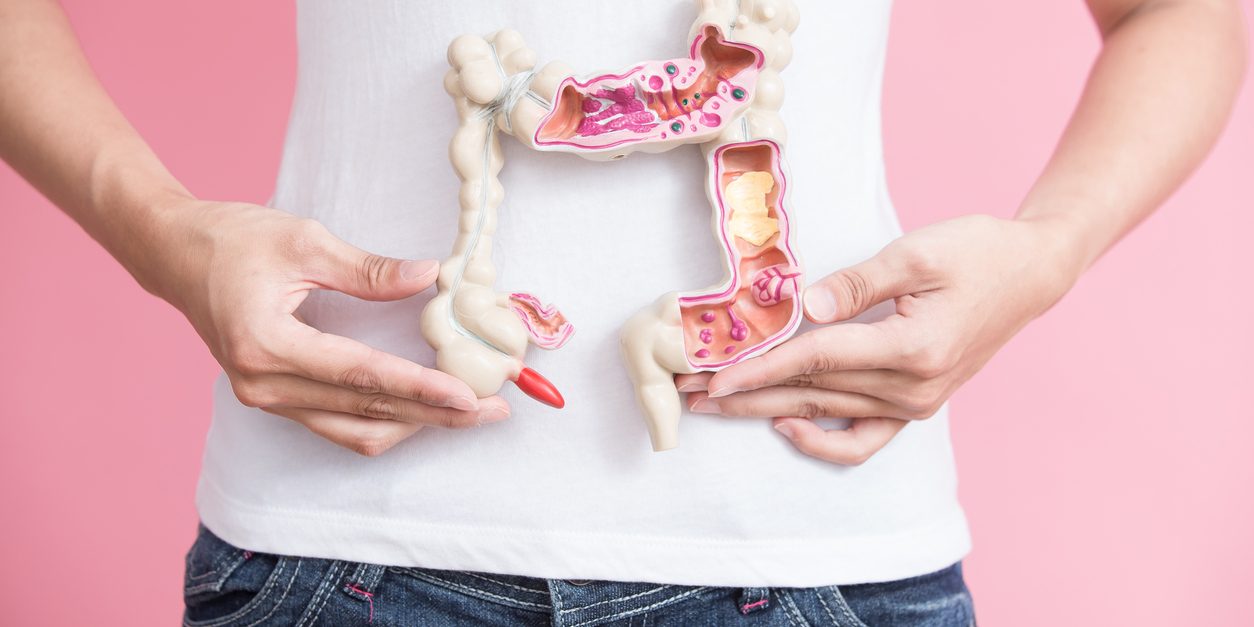Colorectal cancer is one of the more common types of cancer diagnosed in the United States. This type of cancer develops in either the colon or rectum, which attributes its name. Your colon and rectum are located at the base of your large intestine and together they store stool before it is removed from your body. Colorectal cancer begins with the development of growths called polyps that, if caught early, can be removed to prevent extreme cancers. Learn how to prevent colorectal cancer by reading our informative guide, then schedule an appointment with a gastroenterologist in Los Angeles for a check-up or screening.
Screenings
Scheduling a screening to check for colorectal cancer is an efficient way to prevent any polyps you may have developed from turning into a severe cancer diagnosis. On average, people between the ages of 40 and 50 are encouraged to begin screening. The American Cancer Society suggests patients at the age of 50 should seriously consider getting screened. Talk with Dr. Tabib at your next appointment to see whether an earlier, or postponed screening is right for you.
Staying Healthy
Your diet and exercise habits are large contributors to the development of colorectal cancer. To avoid early symptoms and the diagnosis all together, maintain a healthy diet full of vegetables and high-fiber foods. Maintaining a high fiber diet is relatively easy with a few diet adjustments. Fruits such as raspberries, blueberries and blackberries are delicious and effective ways to increase your daily intake. Vegetables are chocked-full of fiber and if you still feel a slight deficiency, fiber pills can help you make up for the nutrients you aren’t getting in your daily diet.
Staying physically active is another preventative step you can take. Increasing your physical activity will significantly decrease your risk of polyp development and a colorectal cancer diagnosis. You can easily add physical activity into your daily life through simple tasks like taking walks a few times a day, adding stretching breaks into your routine, and trying interval training outdoors or at the gym. Any cardio can significantly help to prevent your risk for colorectal cancer.
Other factors that have been proven to lead to severe cases of colorectal cancer is a constant red meat diet, high-fat diets, habitual smokers and a daily excess of alcoholic beverages. Studies have shown that limiting alcohol intake can significantly decrease chances of cancer and the complete removal smoking from your lifestyle can lead to a longer quality of life. Getting your daily value of Vitamin D can also decrease your chances for developing sever colorectal cancer. Vitamin D intake can be obtained through natural sunlight, certain fruits and vegetables, and it is also available in a daily vitamin form for patients who struggle to get it in their regular diet.
Other Factors
Because some diagnosis factors are out of your control, it’s very important to start getting screened as early as 40 and no later than 50 years old. If you have never been screened for colorectal cancer, set up an appointment with a gastroenterologist in Los Angeles today. Your personal history has an effect on your risk level for cancer development. If you’ve had biopsied polyps before, your risk for cancer increases significantly. Crohn’s disease, type 2 diabetes, and ulcerative colitis are other personal history factors that lead to a risk increase. If any of these risks are a part of your personal history, talk with your gastroenterologist in Los Angeles to see if a screening for colorectal cancer is something you should consider.
If your personal medical history does not show significant risks for developing colorectal cancer, following our list of preventative measures will significantly decrease your chances of severe cancer development.



